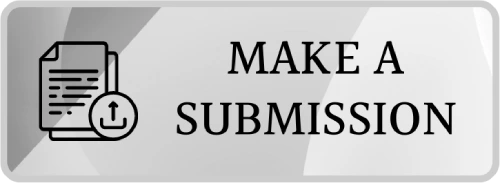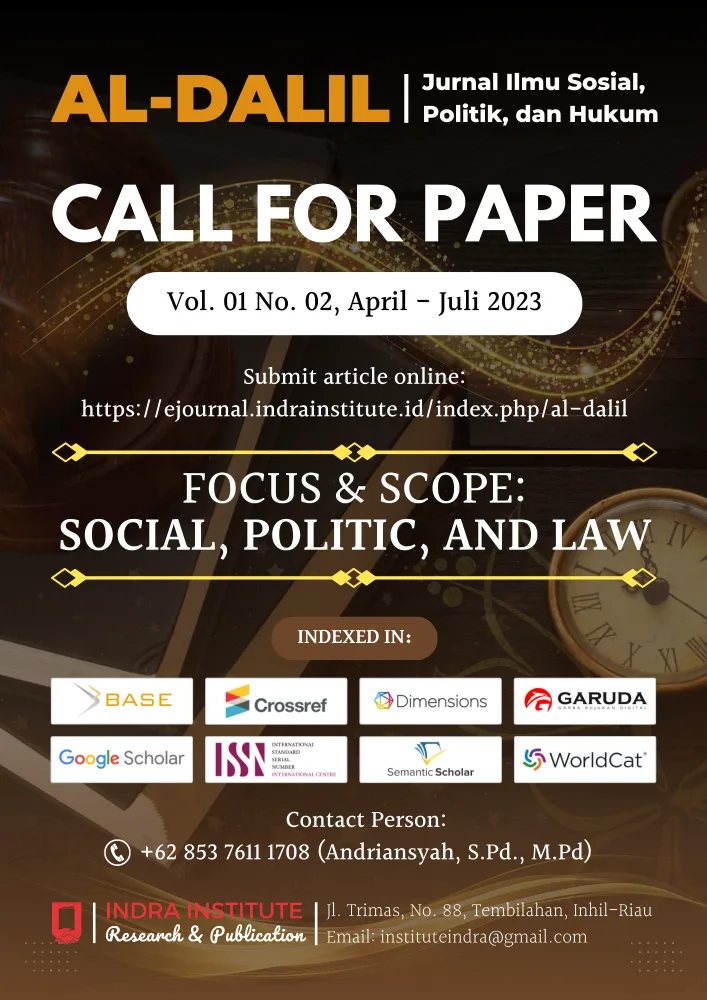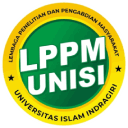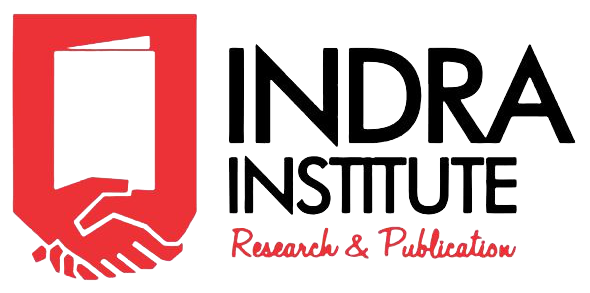Peranan Hukum Dalam Menanggulangi dan Mencegah Money Politic dalam Pemilihan Umum
DOI:
https://doi.org/10.58707/aldalil.v2i1.743Keywords:
Negara Hukum, Politik Uang, PemiluAbstract
In general, elections are actions carried out by a legitimate state to elect a leader or political position. Although positive laws regulate the holding of elections, general election participants sometimes engage in money politics to win the competition. All aspects of the Government of the Republic of Indonesia are strictly regulated by the provisions of the legislation, including the rules for the general election. By recognizing the state as the law and placing the law as the highest command in the maintenance of the state, every state action and operation is carried out through the mechanism of the law itself. A state is an organization that requires officials authorized by law to manage its governance. Success in combating corruption in Indonesia depends on an integrated electoral policy. But unfortunately, research shows that the agenda for improving our electoral political integrity is hampered by the abundance of money politics. The existence of democracy is a means for the people to control the government and a means to hold public officials accountable. This accountability changes direction if politicians have bought votes, there is a foundation that must be run well, that is, a direct foundation, general, free, secret, honest and fair. The author thinks the five foundations have the same position in producing high-integrity officers. The research focus of this article is political practice involving money in legislative elections involving voters and politicians. Monetary politics has become a new norm in post-New Order elections. Institutional design, especially an open proportional system, has proven to contribute to the plethora of monetary political incidents. In order to prevent the use of political money from becoming a habit in future elections in Indonesia, this paper recommends a thorough review of the open proportional system.
Downloads
Published
How to Cite
Issue
Section
License
Copyright (c) 2024 AL-DALIL: Jurnal Ilmu Sosial, Politik, dan Hukum

This work is licensed under a Creative Commons Attribution-NonCommercial-ShareAlike 4.0 International License.










